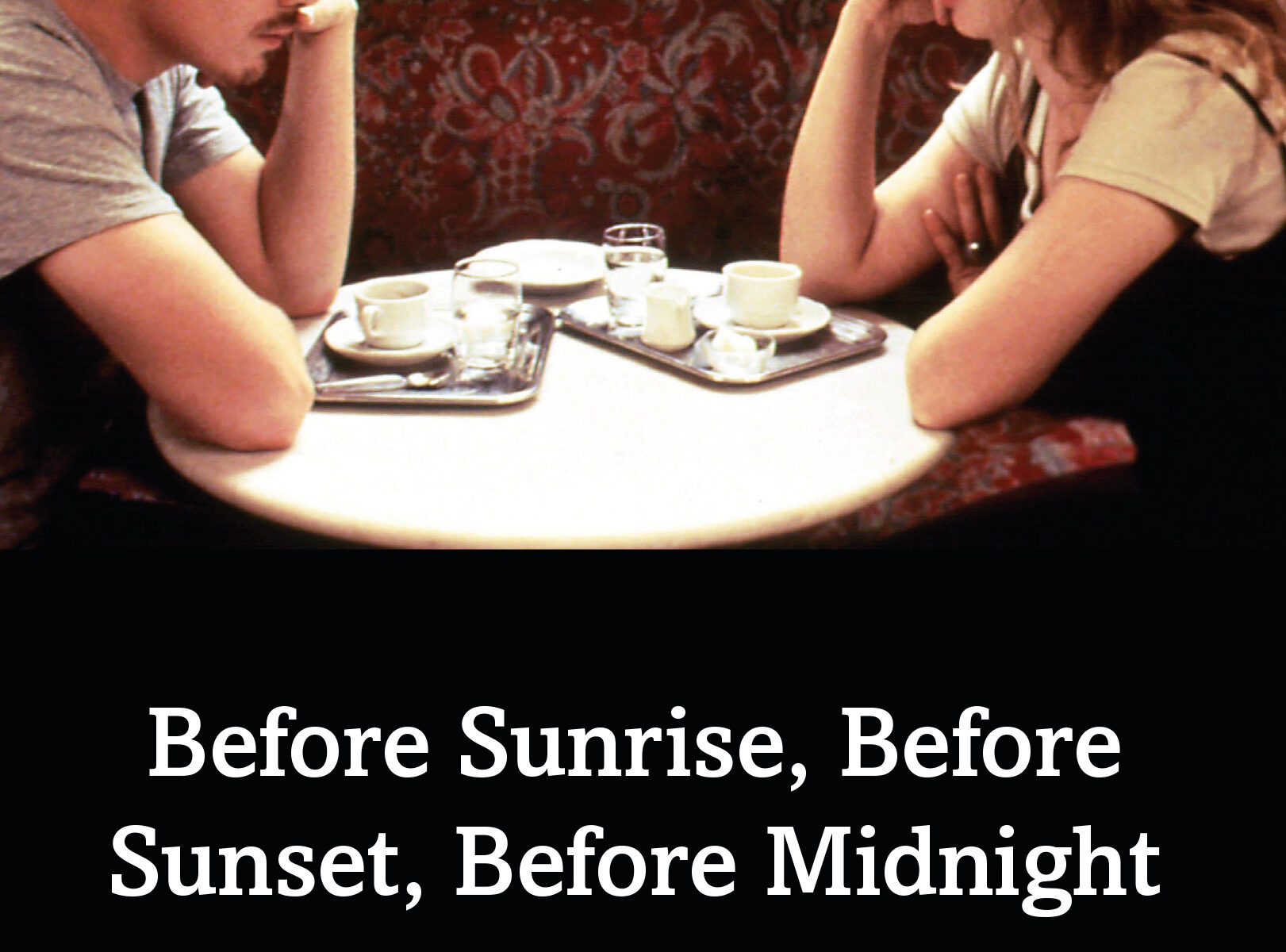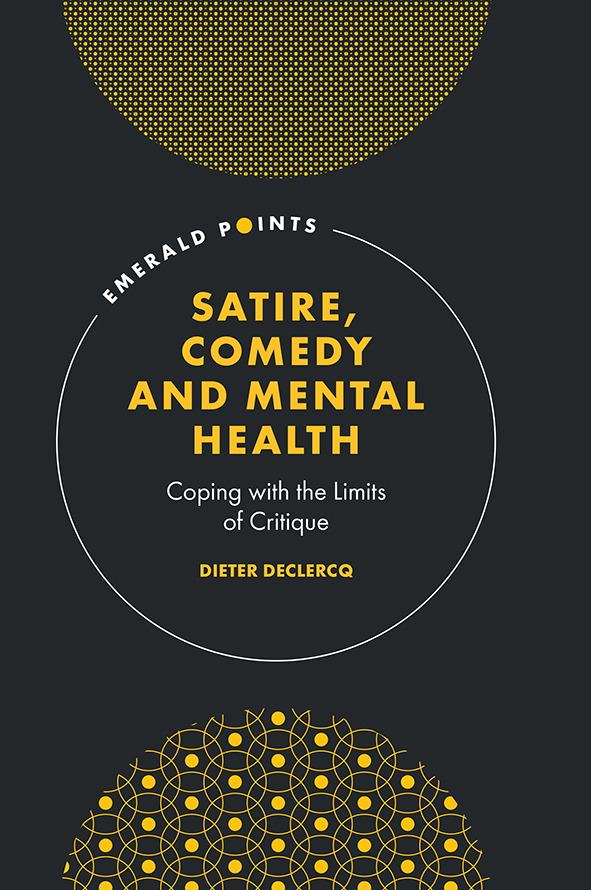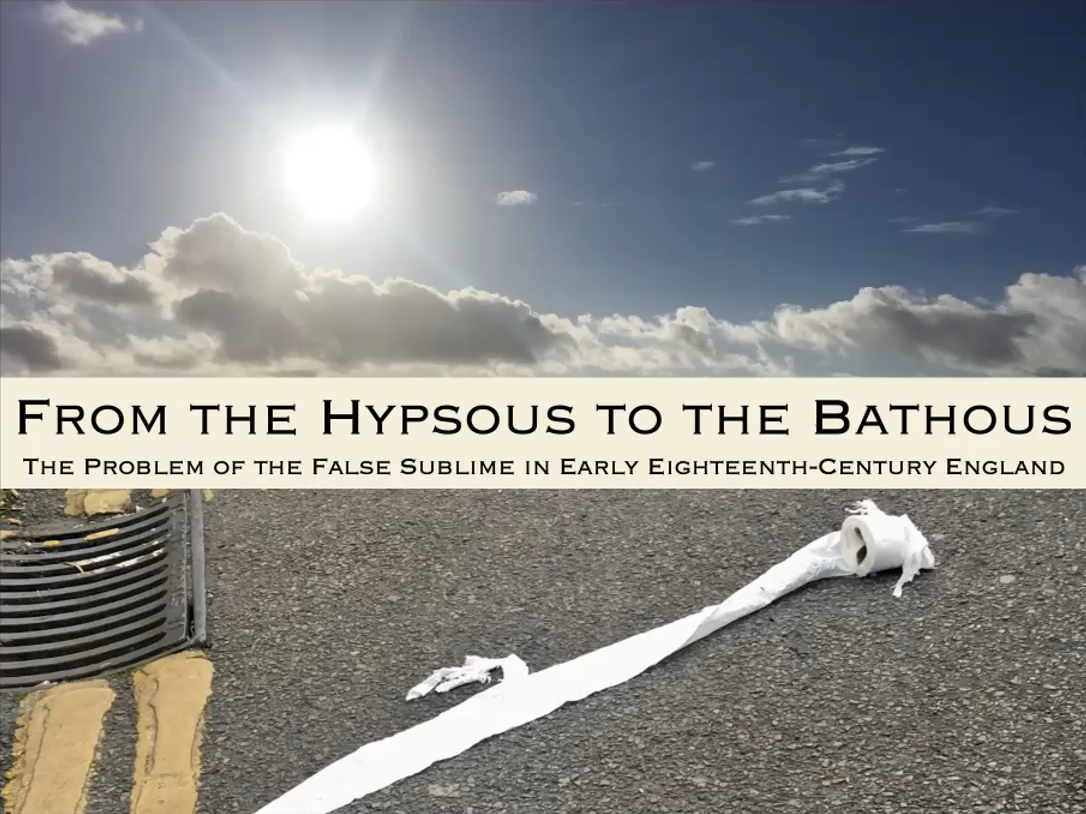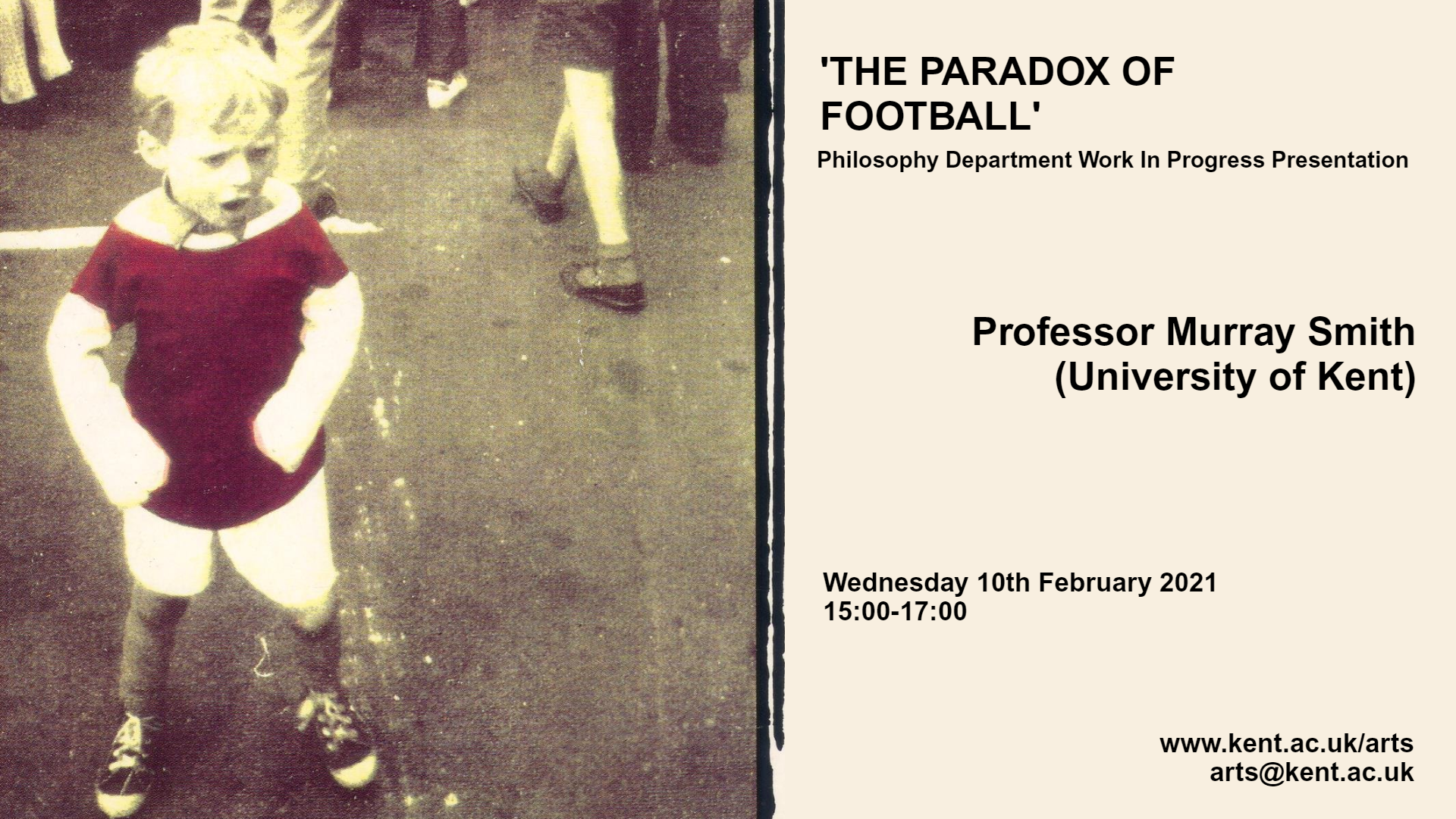Wednesday 12th May
Abstract
In this talk I will examine the phenomenon which philosophers are
beginning to call ‘aesthetic injustice’ – a wrongful harm done to
someone specifically in their capacity as an aesthetic being. I will
first distinguish those wrongs caused by aesthetic practices, and those
wrongs which are inherently aesthetic where a person’s aesthetic
capacities are undermined; it is this latter phenomenon I wish to
analyse. The concept of aesthetic injustice proposed will initially be
modelled on epistemic injustice, and throughout I consider how epistemic
harms and aesthetic harms can align and diverge. The aim is to arrive at
an account which reveals and accommodates at least four forms of
aesthetic injustice, while treating these as distinctive in that they do
not reduce to non-aesthetic wrongs, such as epistemic harm. Throughout I
consider the value and role that aesthetic experience and expression
play in our lives.
For more information about the speaker: http://daisydixon.co.uk





